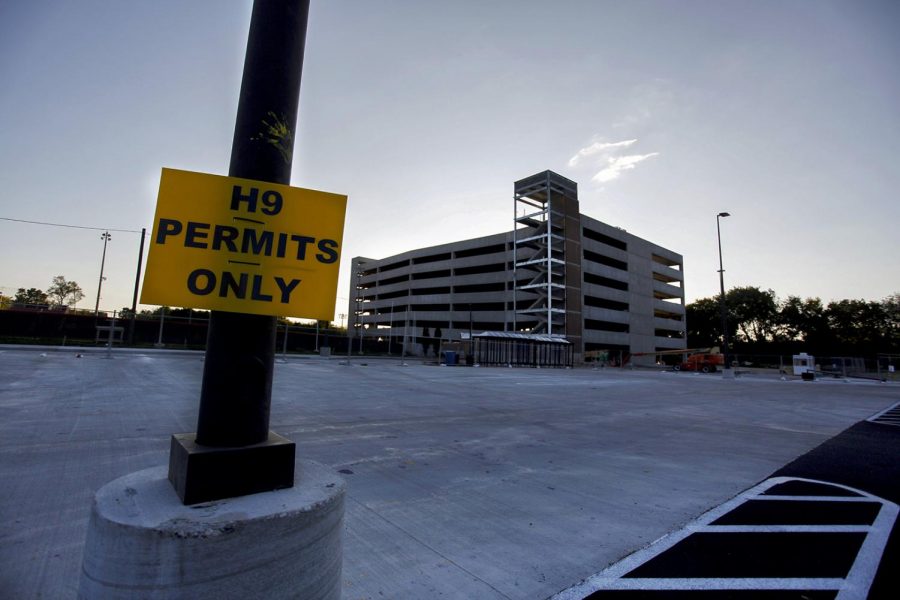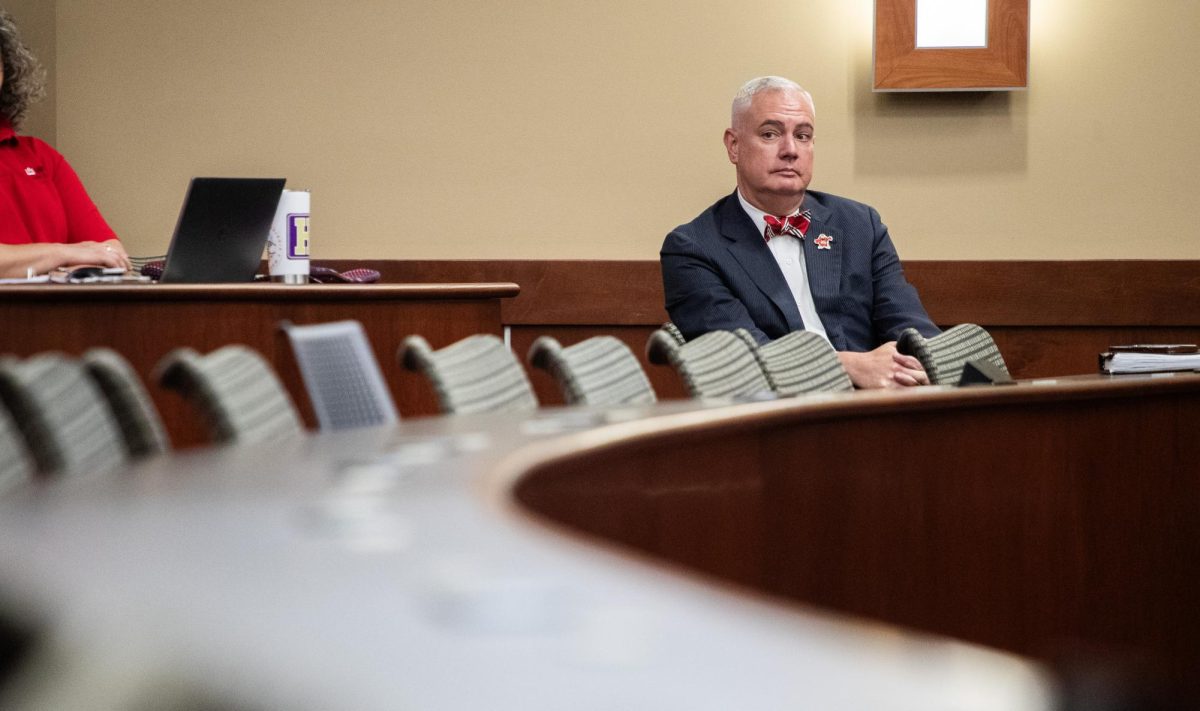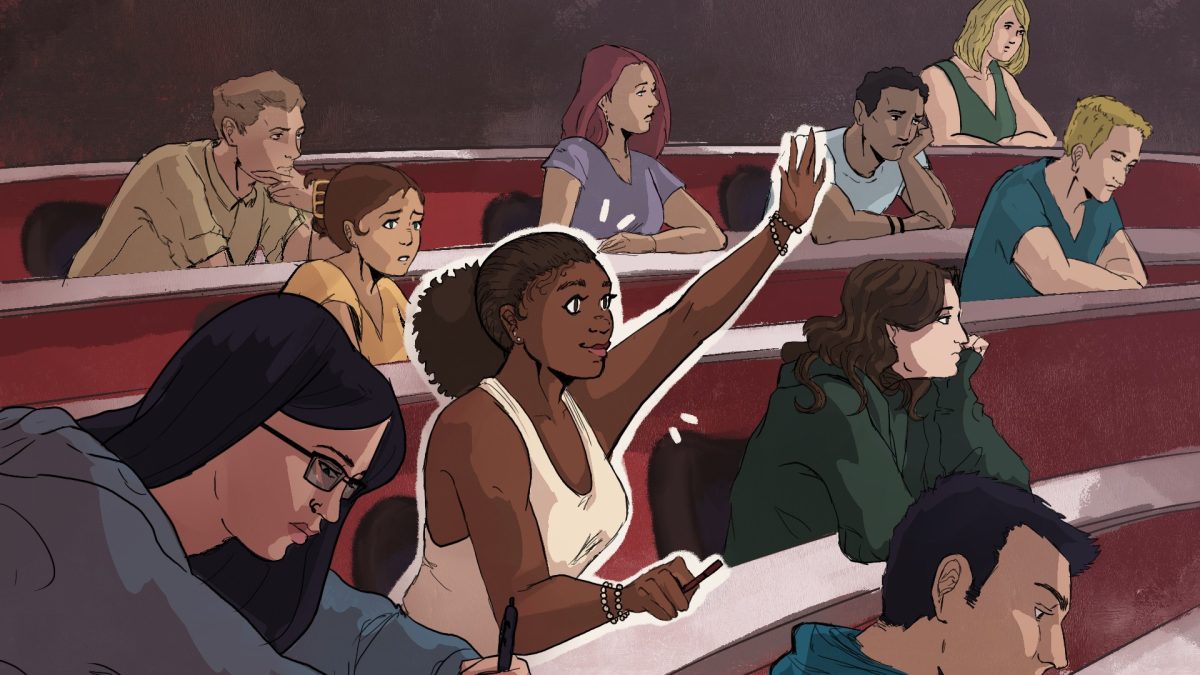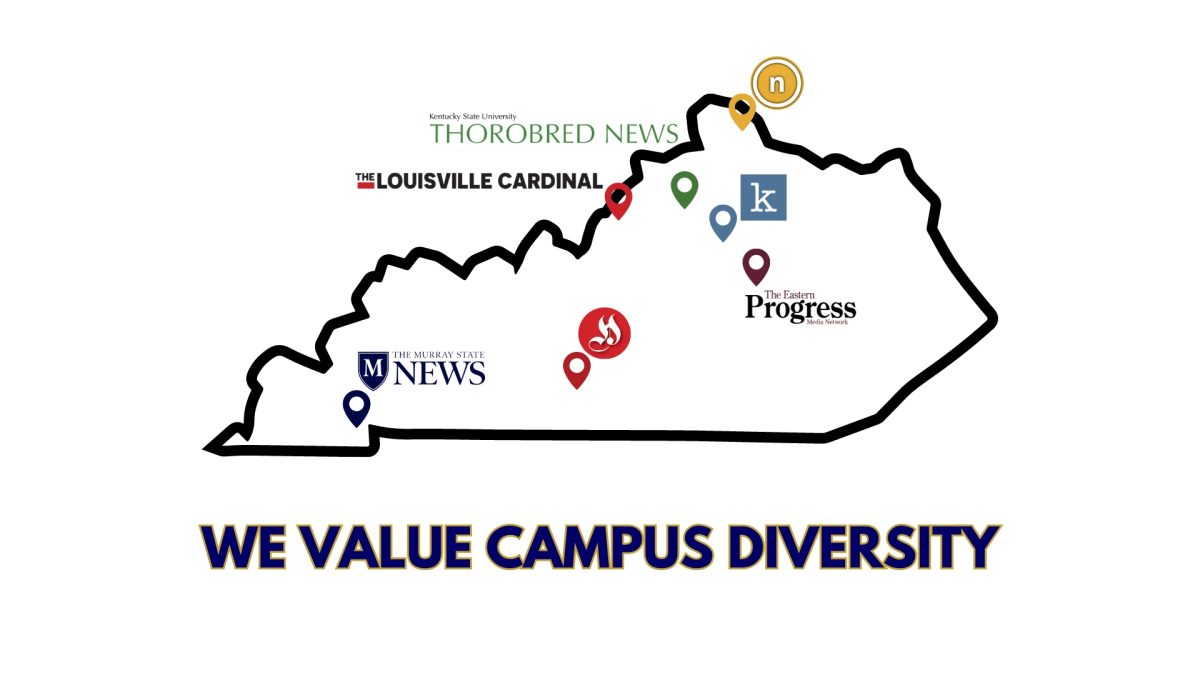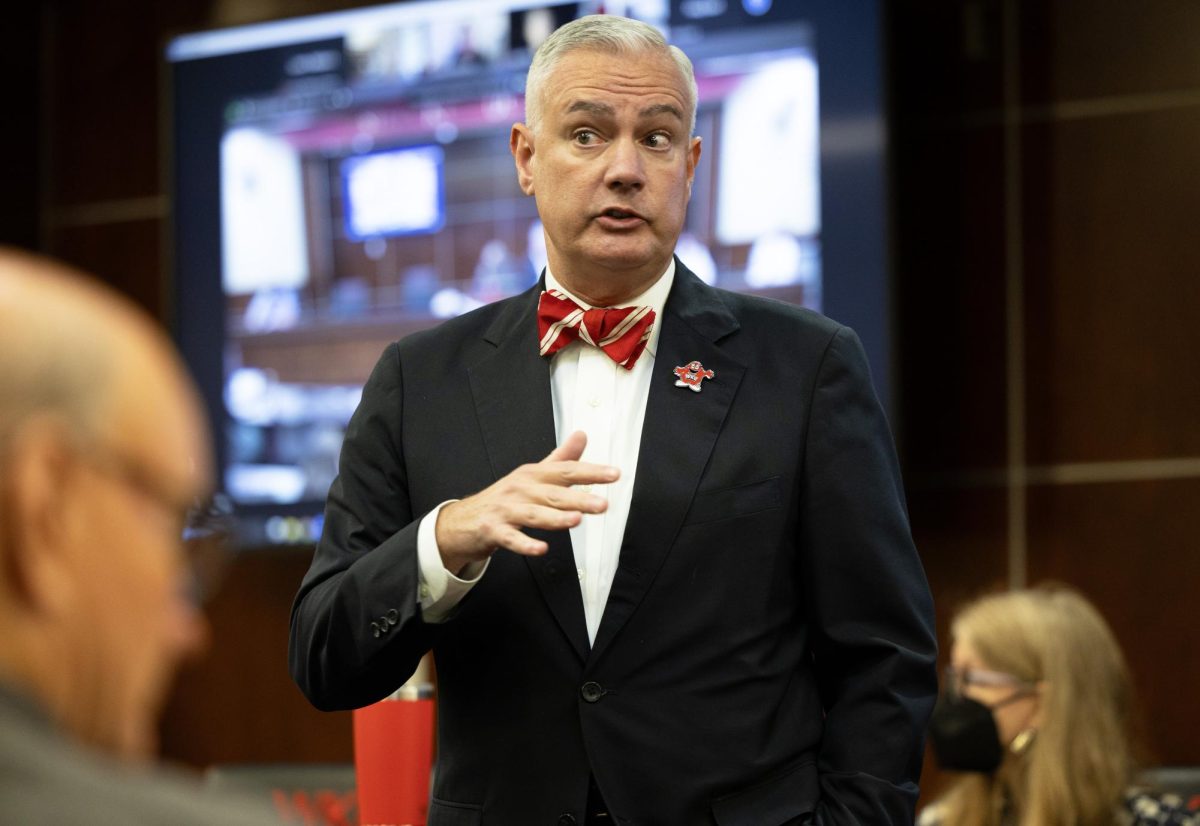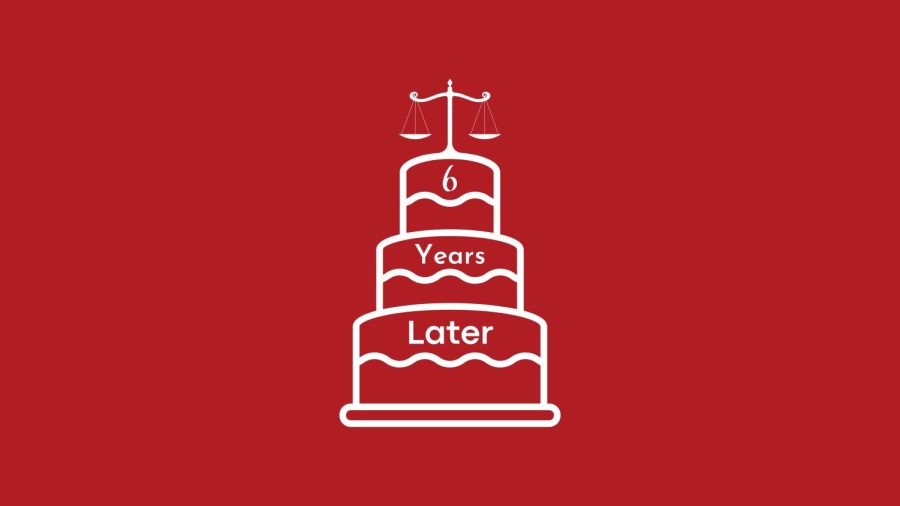The Issue: Parking and Transportation Services has recklessly oversold permits, resulting in 1,500 more permits being sold than spots available.
Our Stance: We understand the economic sense of overselling parking lots, as there are consistently empty spaces in some lots. However, Parking and Transportation has taken things too far and placed an unnecessary burden on faculty and students that simply building a new parking structure will not fix.
In an ideal world, each faculty and staff member and student would have their own designated parking spot closest to a majority of their classes, or workplace, that only they would be allowed to use at all times.
Unfortunately, when it comes to parking, it’s Parking and Transportation’s world and we’re just living in it. Just ask the over 9,700 parking permit holders who are currently competing for 7,000 parking spots on campus.
It makes sense, both economically and logistically, for Parking and Transportation to slightly oversell permits as not every student or faculty member is constantly using a parking spot.
From a money standpoint, more revenue is generated from permit sales which could lead to projects that further expand the current designated parking zones down the road. Logistically, this allows more students the opportunity to use parking spots that are not consistently being used at all times.
However, walking around campus each day and occasionally seeing open spots, a process transportation analyst Dennis Cain used to explain the oversell, does not justify the extent to which Parking and Transportation has oversold parking permits this semester.
If a student or faculty member makes the financial decision to purchase a parking pass, which range from $30-$655 per year depending on the type of permit, and decides to waste their money by never using it then it’s their fault for being fiscally irresponsible.
It is not a valid excuse to oversell permits by a margin of over 1,500 and create headaches for everyone else just because some people have the means to waste their own money.
As the semester progresses, the current parking crisis should, hopefully, improve. The new parking structure designated as an “overflow zone” will provide spots to 679 more students and reduce the current permit deficit.
It still does not make it right that parking has consistently been another source of stress for students, faculty and staff who already have enough on their plate.
This may be a stretch, but for a student that is already seriously considering leaving WKU, dealing with a parking headache on a daily basis may be further persuasion to pursue higher education elsewhere.
If WKU is serious about wanting to take care of the people here, many students, staff and faculty members would agree that parking is a great place to start. This practice of recklessly overselling parking permits by Parking and Transportation must come to an end.

